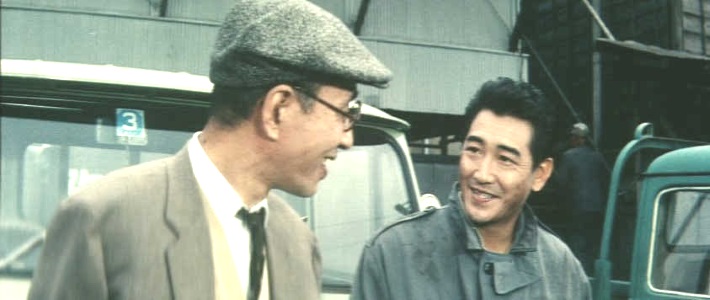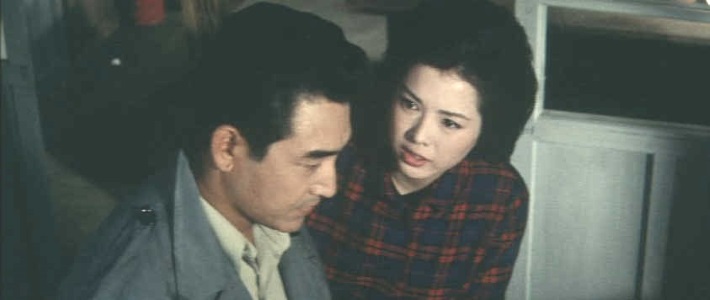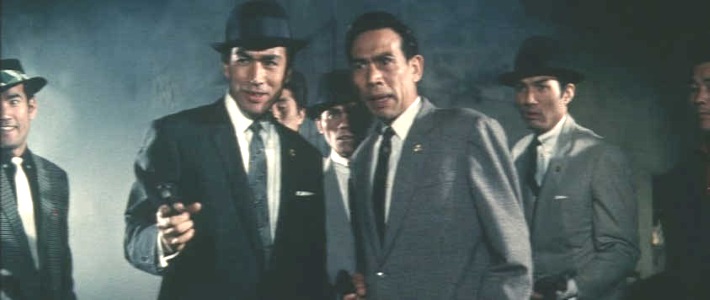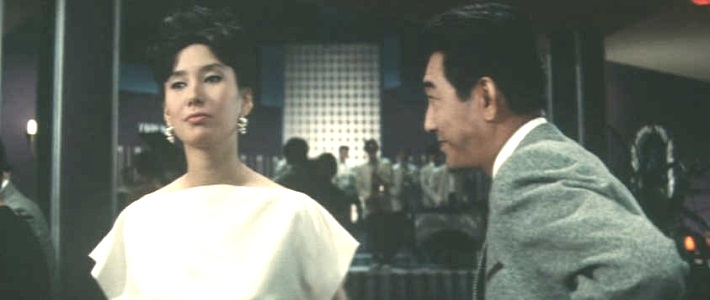Gang vs G Men
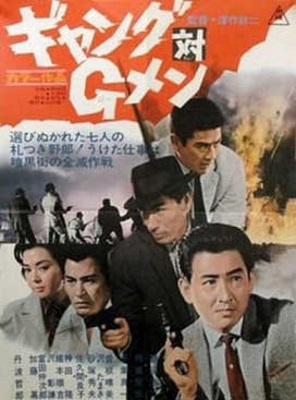
Director: Kinji
Fukasaka
Year: 1962
Rating: 7.0
This
is a sleek Yakuza film from director Kinji Fukasaku early in his career for
Toei Company. Shot in colors that glisten, it looks great with the big American
cars and the gangsters all dressed in sharp suits with ties and fedoras.
Alleyways, bars, narrow streets and nightclubs fill the screen with style.
It is an early example of ninkyo eiga which was to become a very popular
genre going into the 1960s. Toei was one of the major studios to produce
dozens of these with their two main leading men Koji Tsuruta and Ken Takakura
- one solid and dependable and the other cool and romantic - in both Yakuza
and Samurai films. This was the fourth is a series of unrelated Yakuza films
called the Gyangyu series with different directors and stars.
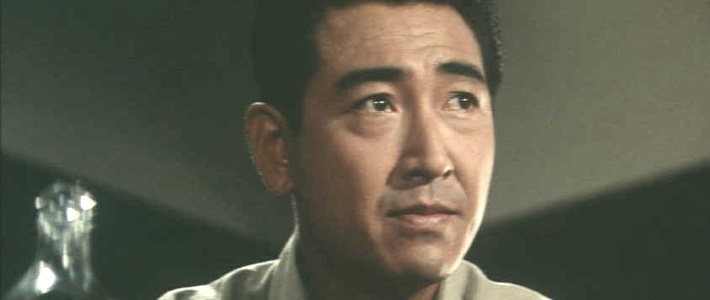
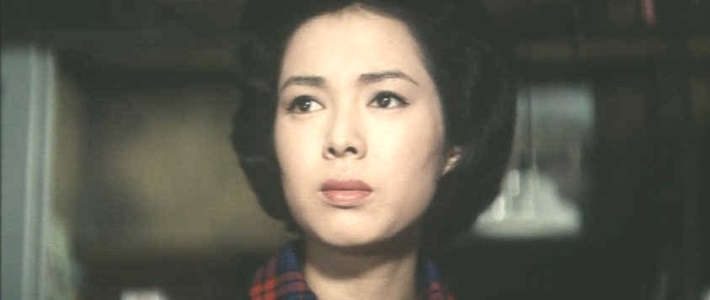
Koji is in this one as an ex-Yakuza who
was once legendary for his fighting skills. As Tojima he is out of the life,
married to the lovely Akiko (Yoshiko Sakuma) and running a transport business.
His half-brother Osamu has just gotten out of jail and wonders why his brother
has gone soft. One look at Akiko should tell him. He is played by a young
baby-faced Sonny Chiba with flair and bravado. Tojima is being harassed by
yakuza who are part of a protection racket - he refuses to pay and his drivers
are beaten up. The big boss is the prolific Tetsuro Tamba who has his fingers
in every dirty pie in town. The cops can't pin anything on him and
they come to Tojima and ask him to go back to being the biggest baddest yakuza
in town and shake things up and bring Tatsumura down. He agrees after another
one of his men is bloodied. Get me a nice car and some men. Spread the word,
I am back. The old me.
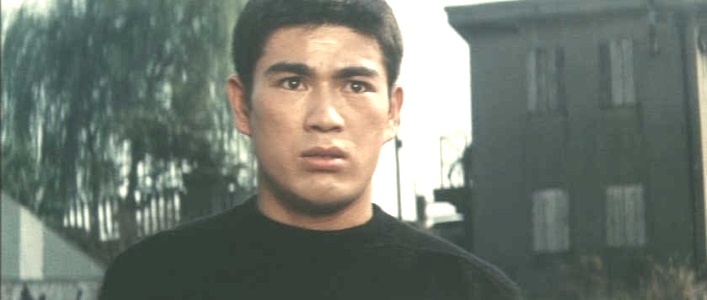
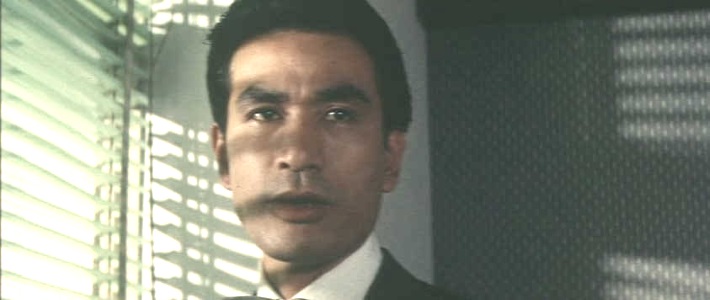
In a way it turns into The Untouchables
but not with cops - a couple thieves, an ex-boxer, a sharp shooting cop and
a man who wants to kill Tajima for killing his brother years before. Like
all good killers, he says I will wait till you are done and then kill you,
but in the meantime, I will be your bodyguard. And Chiba infiltrates
the gang. In a nice series of bust ups, they start breaking up Tatsumura's
business but Tatsumura is no fool and has a lot of men. A big traditional
fight at the end but not with swords but Molotov cocktails and guns. The
seductive smooth nightclub singer is Tamaki Sawa, a popular singer and actress
during the 60s. Fukasaku gives credit to this film for possibly saving his
career - it was a box office hit and gave a new fresh look to Yakuza films.






